
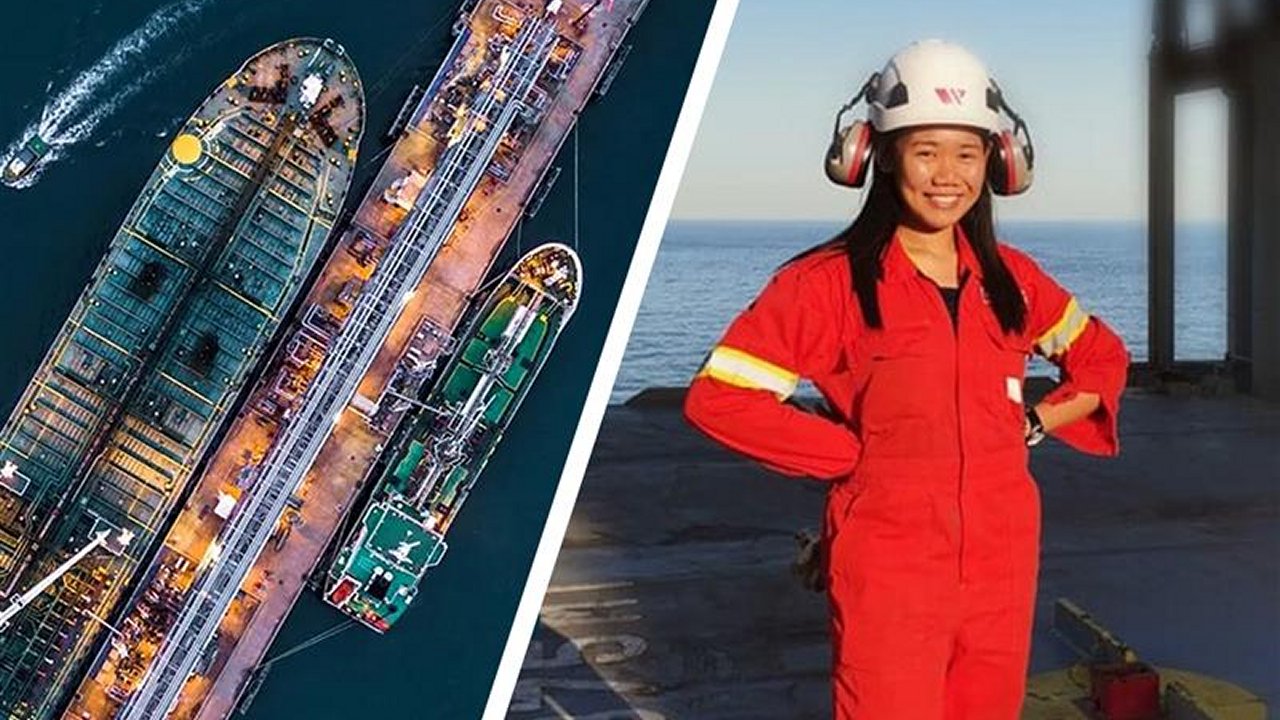 |
The International Maritime Organization has issued new guidelines to prepare seafarers for the shipping industry's transition to alternative fuels and new technologies, as part of efforts to reduce greenhouse gas emissions from vessels.
The IMO has published Generic interim guidelines on training for seafarers on ships using alternative fuels and new technologies (STCW 7/Circ. 25), which establishes an international framework for developing and approving training for seafarers serving on ships using alternative fuels and new technologies.
The organisation is also developing fuel- and technology-specific interim training guidelines covering methyl/ethyl alcohol, ammonia, hydrogen, LPG, battery-powered ships, and fuel cells. These guidelines will be considered by the IMO's Sub-Committee on Human Element, Training and Watchkeeping in February 2026.
The guidelines are expected to form the basis for mandatory requirements for seafarer training under the revised 1978 STCW Convention Code, which is currently under review to support decarbonisation, digitalisation, and other developments.
Expanding technical support
The IMO is expanding its support to member states through several initiatives. A three-year project funded by Japan aims to train instructors from Asian countries in operating LNG-fuelled ships.
The organisation has partnered with the World Maritime University to produce training materials for seafarers on alternative fuels, which also contributed to the Maritime Just Transition Task Force training frameworks launched in September.
Through the GreenVoyage2050 Programme, the IMO is supporting trainers in developing countries to produce locally relevant courses alongside online learning modules.
The organisation has also created platforms to connect regulators and practitioners, including a recent seminar in Singapore that showcased practical training innovations ranging from simulators and VR tools to methanol firefighting exercises.
The IMO states that with new training standards, enhanced technical support for member states, and closer engagement with industry and academia, it is laying the groundwork for what it describes as a just and well-prepared energy transition for seafarers.
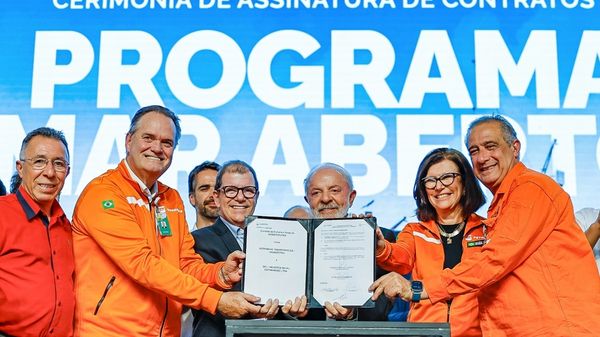
|
Petrobras and Transpetro order 41 vessels worth $470m for fleet renewal
Brazilian state oil companies contract gas carriers, barges and pushboats from domestic shipyards. |
|
|
|
||
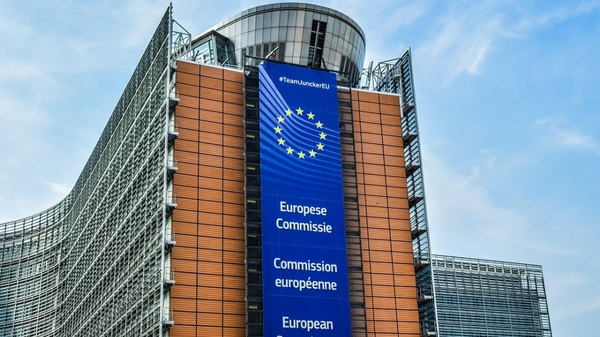
|
EU proposes phase-out of high-risk biofuels from renewable energy targets by 2030
Draft regulation sets linear reduction trajectory starting in 2024, with contribution reaching zero by end of decade. |
|
|
|
||
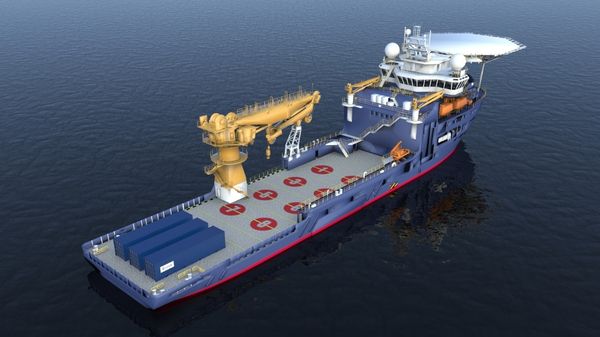
|
H2SITE launches Norwegian subsidiary to advance ammonia-to-power technology for maritime sector
Spanish technology firm establishes Bergen hub to accelerate deployment of ammonia cracking systems for shipping. |
|
|
|
||

|
CMA CGM names 400th owned vessel as methanol-fuelled containership
French shipping line reaches fleet ownership milestone with 15,000-teu dual-fuel methanol vessel. |
|
|
|
||
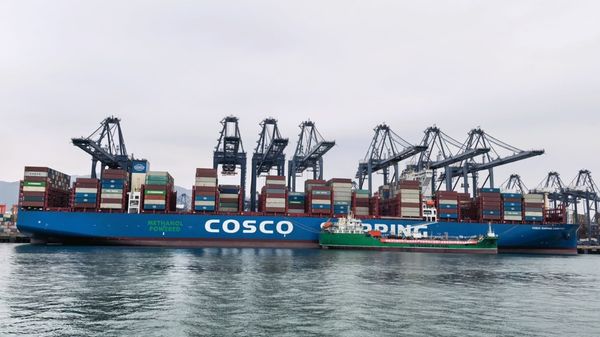
|
Wah Kwong adds China’s first dual-fuel methanol bunkering vessel to managed fleet
Da Qing 268 completed maiden operation at Shenzhen’s Yantian Port on 21 January. |
|
|
|
||
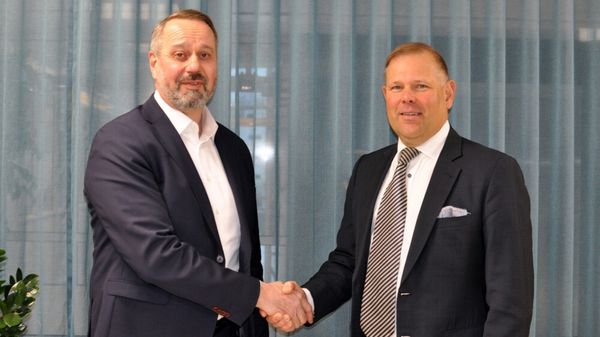
|
Sumitomo SHI FW licenses VTT syngas technology for sustainable fuels plants
Agreement enables production of green methanol and SAF from biowaste for global gasification projects. |
|
|
|
||
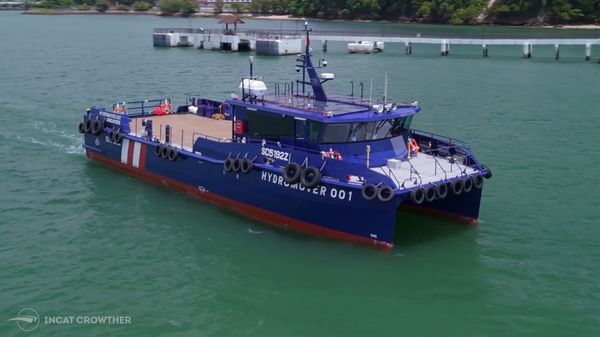
|
Yinson GreenTech launches upgraded electric cargo vessel in Singapore, expands to UAE
Hydromover 2.0 offers increased energy storage capacity and can be fully recharged in under two hours, says designer. |
|
|
|
||
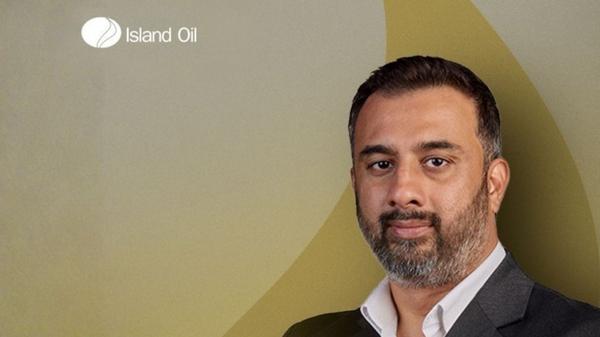
|
Island Oil appoints Nildeep Dholakia as senior trader in Dubai
Marine fuel supplier expands Dubai team as part of regional growth strategy. |
|
|
|
||
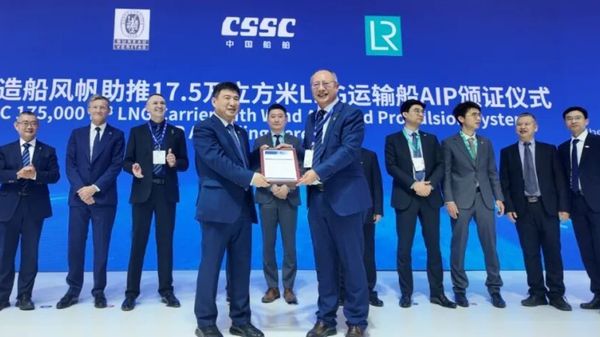
|
Dalian Shipbuilding's wind-assisted LNG carrier design receives Bureau Veritas approval
Design combines dual-fuel propulsion with foldable wing sails to cut emissions by 2,900 tonnes annually. |
|
|
|
||
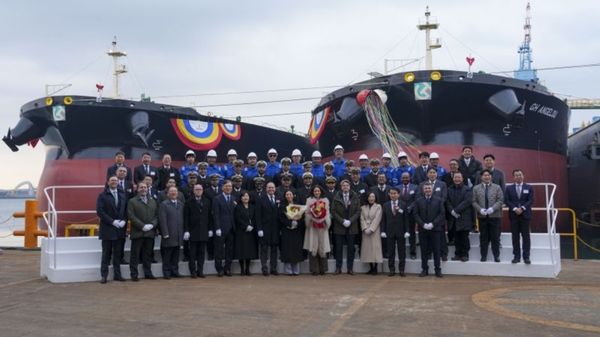
|
Anglo-Eastern adds two methanol-ready Suezmax tankers to managed fleet
GH Angelou and GH Christie were christened at HD Hyundai Samho Shipyard on 5 January. |
|
|
|
||